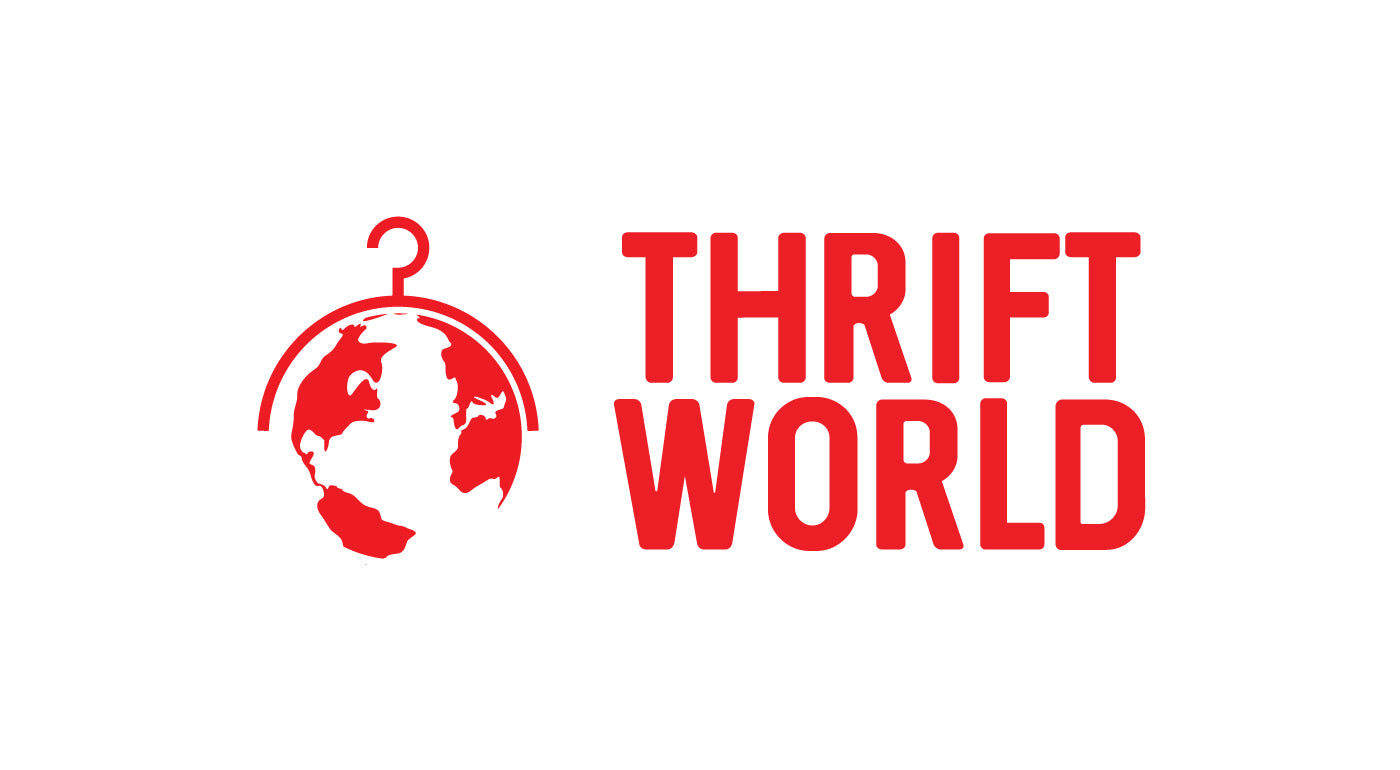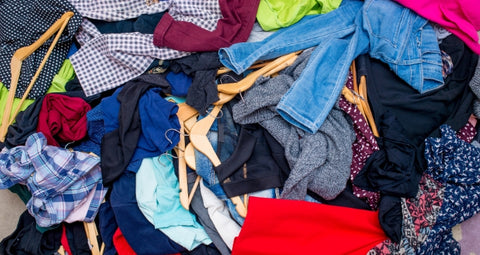In a world of fast fashion and rapidly changing trends, clothing turnover has never been higher. As a result, textile waste has become a pressing environmental concern. The textile industry is one of the largest polluters globally, contributing to carbon emissions, water pollution and overflowing landfills. Find out the environmental impact of textile waste and shed light on how thrifting can play a pivotal role in mitigating this crisis.
The textile waste crisis
The textile industry is notorious for its high waste generation. Globally, it accounts for about 10% of all carbon emissions, and it's the second-largest consumer of water. A significant part of this problem lies in the disposal of unwanted clothing. Each year, millions of tons of textiles end up in landfills, where they decompose and release greenhouse gases like methane. In addition to these emissions, the production of textiles, especially synthetic fabrics, consumes enormous amounts of energy and water.
The thrifting solution
Thrifting at our Omaha Nebraska thrift stores offers a sustainable and eco-friendly alternative to the traditional shopping model. Here's how it helps combat textile waste:
- Extending the lifespan of clothing:
When you thrift, you're giving a second life to a piece of clothing that might have otherwise ended up in a landfill. By wearing pre-owned items, you reduce the demand for new production, conserving resources.
- Reduced energy and resource consumption:
Thrifted clothing doesn't require new resources for production, which means less energy, water and raw materials are used. This significantly lowers the carbon footprint associated with clothing.
- Less chemical pollution:
Textile production involves the use of harmful chemicals, which can contaminate water sources. Thrifting reduces the demand for new production, consequently reducing the use of these chemicals.
- Encouraging sustainable practices:
Thrift stores often promote sustainability by reducing, reusing and recycling. They encourage mindful consumption and contribute to a circular economy, where items are continually reused.
- Support for sustainable brands:
Many thrift stores partner with sustainable and ethical brands. Purchasing from these stores indirectly supports brands that prioritize eco-friendly production practices.
Tips for eco-friendly thrifting
Shop secondhand first:
Before heading to traditional retailers, consider checking out Omaha Nebraska thrift stores for the items you need. You might find high-quality, unique pieces at a fraction of the cost.
Donate unwanted items:
Declutter your closet responsibly by donating clothing and accessories to thrift stores. This ensures that your pre-loved items get a chance at a second life.
Quality over quantity:
When thrift shopping, focus on quality rather than quantity. Choose items that you truly love and will wear frequently to maximize their lifespan.
DIY and upcycling:
Get creative with thrifted items by upcycling or repurposing them. This not only reduces waste but also allows you to personalize your wardrobe.
The textile waste crisis poses a significant threat to the environment, but thrifting offers a practical solution. By choosing secondhand clothing and donating unwanted items, individuals can play a vital role in reducing textile waste and mitigating the environmental impact of the fashion industry. Thrift shopping isn't just a budget-friendly choice; it's a sustainable one that benefits both your closet and the planet.
Omaha Nebraska thrift stores
Shop with us at our Thrift World locations around the Omaha Metro, Council Bluffs, Carroll, St. Joseph and Kansas City! Can’t make it to a thrift store near you? Browse our inventory by shopping online.




Comments (0)
There are no comments for this article. Be the first one to leave a message!